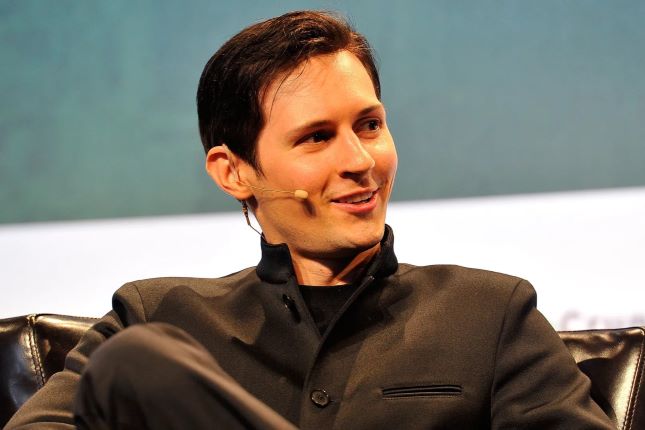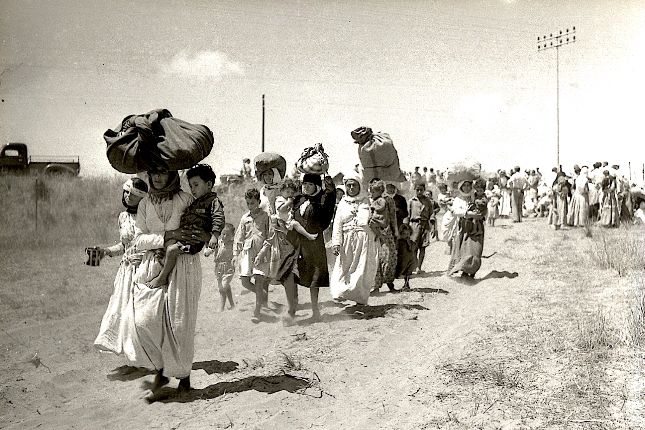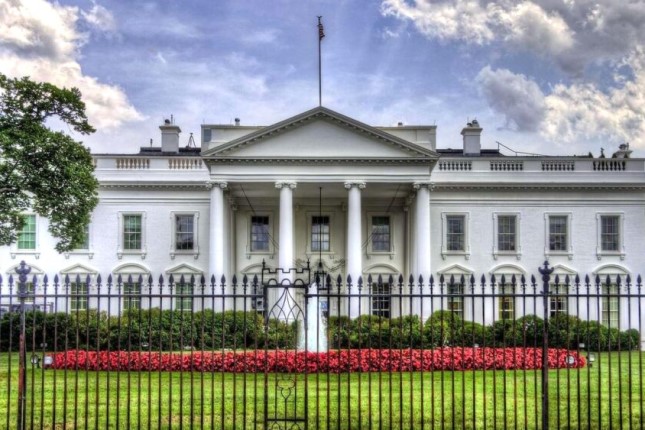The moral outrage spread like a bush fire across social media from right-wing to left-wing politicians and many people in between: They asked how dare the organizers of the opening ceremony at the Paris Olympic Games insult millions of Christians around the world by making a mockery of the Last Supper, one of the holiest events in the Christian calendar?.
U.S. House Speaker Mike Johnson lashed out: “Last night’s mockery of the Last Supper was shocking and insulting to Christian people around the world who watched the opening ceremony of the Olympic Games. The war on our faith and traditional values knows no bounds today. But we know that truth and virtue will always prevail. “The light shines in the darkness, and the darkness has not overcome it.” (John 1:5)”
Left-wing talk-show host and British politician George Galloway referred to the performance as an “offensively queer last supper,” citing from the blog of French politician Jean-Luc Mélenchon, who also condemned the mockery of Leonardo’s Last Supper and thus, the Christian faith.
It is unclear however whether some were more angered at the perceived blasphemy or other issues, such as the weight of a central character in the tableau and trans performers.
Further adding to the perception of many, inspired perhaps by those with wide reach on social media, Maltese Archbishop Charles Sciclunan wrote to the French ambassador to Malta, complaining about the mocking of Jesus.
Comparing the controversial segment of the Parisian Olympic opening ceremony to the Bolshoi ballet’s performance at the 2014 Sochi games, an attitude was expressed that this is how it ought to be done: traditional European culture with bodies as disciplined, fit and elegant as the athletes, even if Russian, banned from the Paris games.
Speculation about what was really going on here even included cannibalism.
The problem is that the fundamental(ist) assumption behind the outrage is not true. The tableau is not a scene from the Last Supper. The characters in the skit are not even sitting at a table. It is a fashion show runway.
The living tableau, pictured at the start of a catwalk performance, is not based on Leonardo da Vinci’s painting of the Last Supper, but on Jan Harmensz van Biljert’s Feast of the Gods, which was painted around 1635, said Thomas Jolly, the opening ceremony artistic director.
He told French TV: “The idea was to have a pagan celebration connected to the gods of Olympus. You will never find in me a desire to mock and denigrate anyone.”
The Games’ official account on X said: “The interpretation of the Greek God Dionysus makes us aware of the absurdity of violence between human beings.”
The reference is to painterly depictions of the Greek gods – unsurprisingly within the context of an Olympic ceremony.
The Musée Magrin in the south of France, where van Biljert’s painting is exhibited, describes the scene thus: “The gods have assembled on Mount Olympus for a banquet to celebrate the marriage of Thetis and Peleus… Apollo, wearing his crown, and identifiable by his lyre, presides at the centre of the table… The Satyr dancing on the table and Bacchus lying in the foreground, holding a bunch of grapes above his mouth…”
The scene played out is not that of Jesus with his disciples at the Last Supper, but rather the Greek god Dionysus at a Bacchanalian feast, although the museum’s website does include an interpretation that Biljert’s painting “disturbingly blends the iconography of myths with that of the Last Supper.”
Reuters reported: “Thomas Jolly, the artistic director behind the flamboyant opening ceremony, said the scene had not been inspired by ‘The Last Supper’ and depicted a pagan feast linked to the gods of Olympus.”
The character of Dionysus, as portrayed by French singer Philippe Katerine, is not completely naked, as some commentators have claimed. His costume is inspired by “Les Schtroumphs” (“Smurfs” in English), French Belgian cartoon characters who led a simple life, and ‘Asterix the Gaul’, who cleverly resisted the invading Roman Empire.
The ceremony’s entertainment is not only about Greek but French history, and Mélenchon at least acknowledges the latter by complaining about too much focus on (“Let them eat cake!”) Marie Antoinette, rather than her husband King Louis XVI who dictated the policy that starved the poor – and was also guillotined during the French Revolution. There’s a message for the world there for sure.
A shame no attention was paid to the anti-war song Katerine was singing, his latest hit entitled Nu (Naked), whose lyrics begin with:
“Would there be wars if we’d stayed completely naked? No
Where would you hide a gun when you’re completely naked?”
Photo: "Apollo" making a heart symbol against violence © 9Now Screenshot.
Source: Consortium News.
































